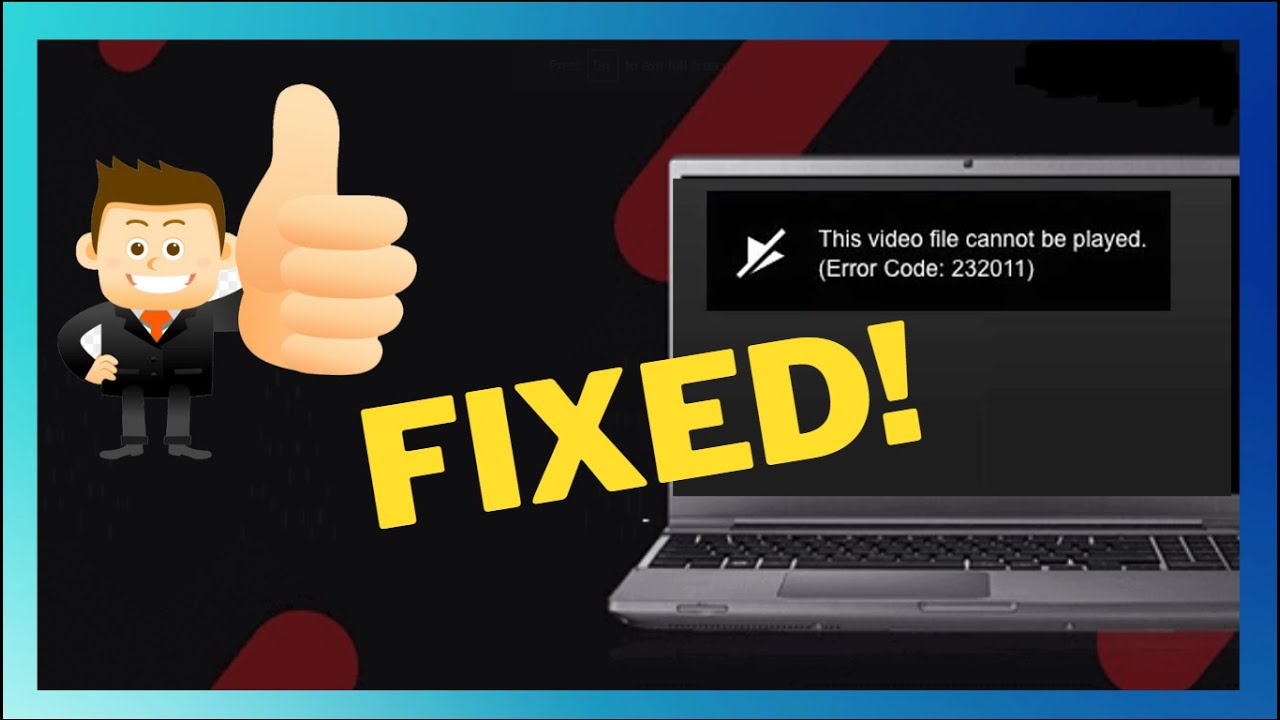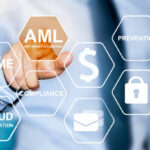If you own a blog website and are looking want to level up your security without having a clue on where to start, you have come to the right place. You may have heard about SSL for security and wondered how does it contribute to security?
In this article, we will discuss what is SSL, how it ensures security, and some other easy ways that promise the security of a blog.
What is SSL?

SSL or secure socket layer in long term is responsible for the security of a website. It in some way builds a protective layer around the website ensuring all data remains private and safe. It completes this task by encrypting all data the website is receiving as well as sending. That data only is decrypted by the rightful owner. SSL certificates like the comodo ssl indicate that the website has obtained an SSL Certificate and it is now secured.
What is the difference between HTTP and HTTPS?

HTTP and HTTPS do look similar, however, there is a significant amount of difference between them, deeming the HTTPS protocol much superior to HTTP.
To understand and recognize SSL it is important to learn about HTTPS and HTTP. If you have happened to notice HTTPS at the beginning of a website URL, you may have also wondered about its reason. The HTTPS protocol means that the website is secured by SSL technology while HTTP does not ensure that the website is protected from malicious attacks.
How to ensure your blog is secure?

Strong password and username
As a beginner who is just trying to step up the security game, the first step towards a safer blog is to keep a strong password and username. A strong password containing characters, numbers, lowercse, and uppercase ensures it is difficult for hackers or anyone with bad intentions from hacking into your website.
Get an SSL Certificate

Although the above details may have convinced you about the importance of the SSL Certificate, however, it is still worth mentioning again how important they are. Get an SSL Certificate from a trusted Certification Authority to ensure all information remains encrypted. It will result in the security of the website as well as establish a relationship of trust between you and your audience.
Update your software

As a blogger, you may use one or many software for your work. You may tend to ignore software updates as they are deemed as only introducing some kind of feature or making something better. However, they are often there to remove bugs from the previous version. It is a must to always keep your software updated!
Final Words
The security of your blog should be the priority as soon as you set it up. We have discussed the potential risks to your website in case it is not secured. Make sure you follow the methods of security provided to ensure safety. Once your blog is secured, you will see a significant change in its activity. You will be able to communicate without the fear of potential hackers as well as your audience will start to trust your website more due to the security, you may see an increase in your audience as well!









Leave a Reply